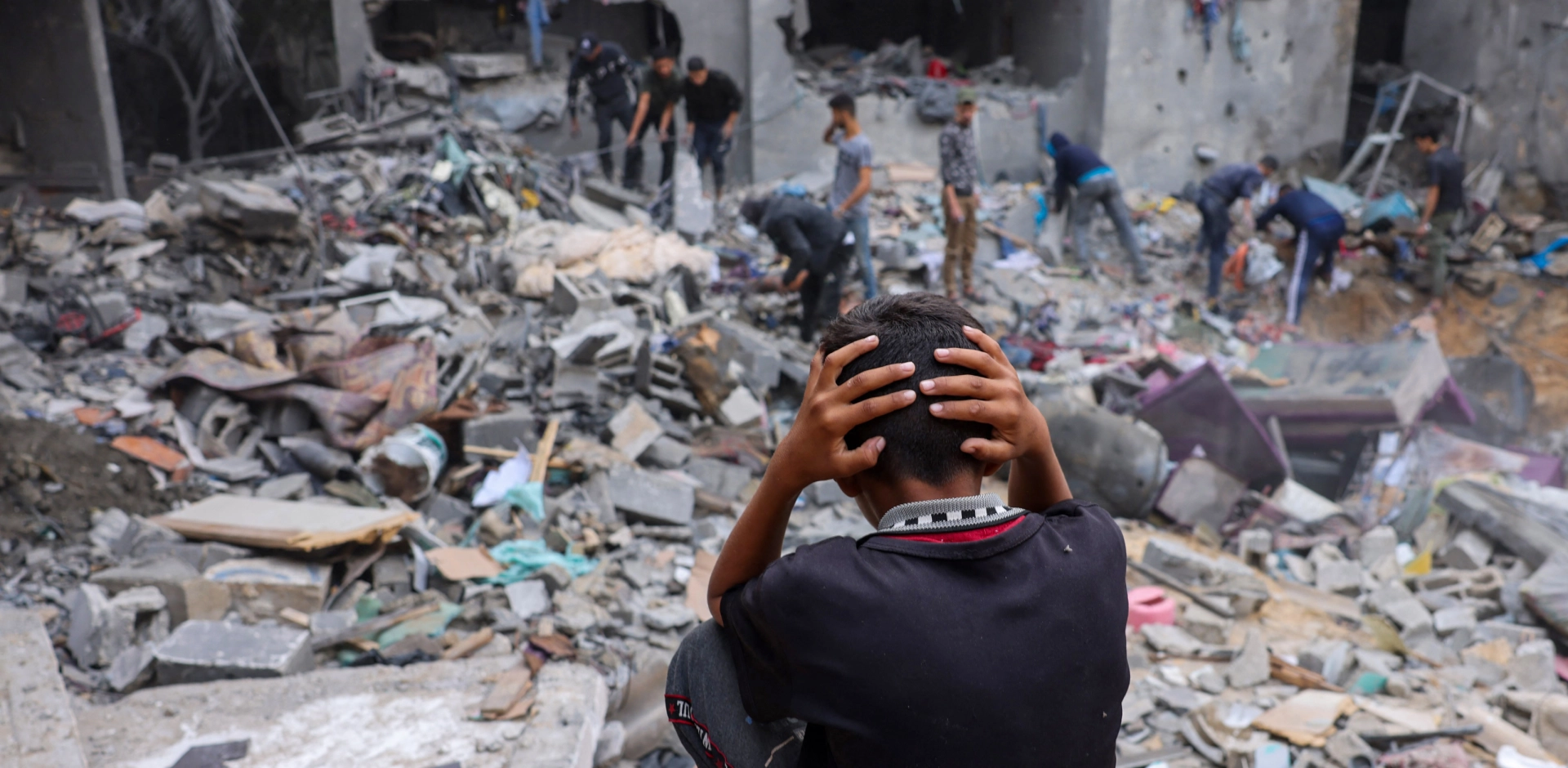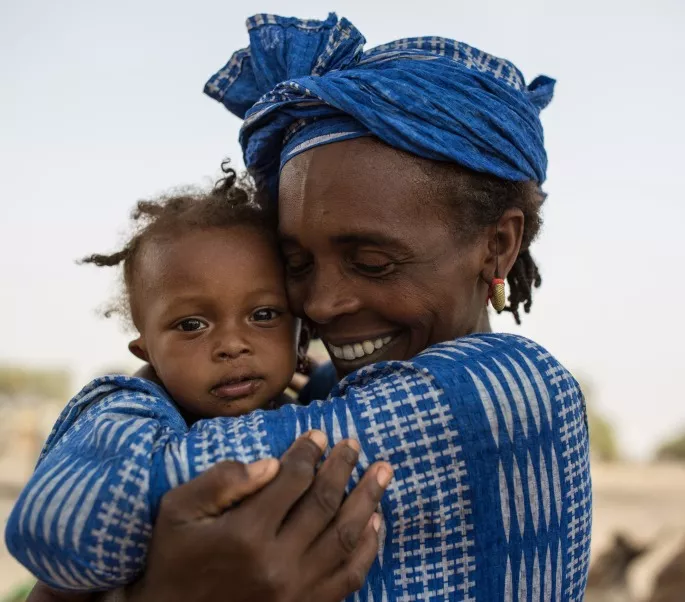It is not too uncommon today to walk into a mall or turn on our television and see a hijab-wearing woman and exclaim, “OMG it’s a hijabi!”.
Quite naturally, our immediate and usually first reaction is excitement and happiness to see a Muslim showcased and represented in the mainstream media. Reflecting on this reaction though, it seems a bit odd to feel so elated – particualrly if we explore a bit deeper into the nature of these representations of Muslims in media.
What we often neglect to realize or notice is that in the vast majority of cases, the ‘Muslim’ is simply there as a prop. The ‘Muslim’, similar to the ‘Black’, ‘Latino’, or ‘Asian’ individual are convenient representations of diversity. Props – human or otherwise – are used as a means of selling or marketing a product.
Yes, it is nice to see that Muslims are at least being cast out of the shadows finally, and that Yes, “normal” Muslims exist. But, what is the intent of this use? Is it to truly represent Muslims as they are? Is it to delve into the world of Muslim men and women to truly understand Islam?
The majority of representations since 9/11 and even before that time, have led Muslims to be exclusively shown as the enemy, the terrorist, or the criminal. We have finally reached a time and place when Muslims are being shown in advertisements, on TV shows like Greys Anatomy, and several mainstream shows. However, in nearly every instance, the Muslim character is either a token prop – with no substance or lines – or they are a character rebelling against their faith or beliefs, choosing instead to leave their practices.Have any of the representations of Muslims truly made you feel, “Wow I can totally relate to this character at a spiritual or identity level?”
Although it may be exciting to see fellow Muslims represented in mainstream media, we have to realize that the true representation of Muslims is ignored and neglected in favour of random and convenient tokenized characters. Where are the characters who are practicing Muslims holding tightly to their faith? These are the characters missing from the narrative – a narrative that unfortunately is not designed or created to benefit the Muslim community at large.



